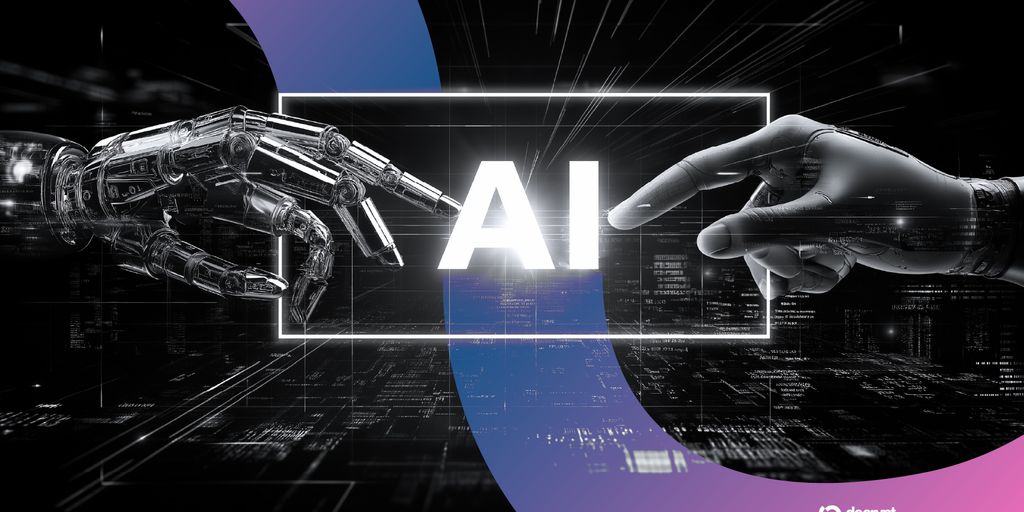Understanding the Quality of Cyber Intelligence
Completeness: A Full Picture of the Threat
Cyber threat intelligence is only as good as the information it provides. Completeness is a critical aspect of quality, ensuring that each piece of intelligence gives a full picture of the threat, including actors, methodologies, and affected systems. According to Callie Guenther, senior manager of cyber threat research for Critical Start, completeness is essential for organizations to make informed decisions about their security posture.
Accuracy: The Credibility of the Source
Accuracy is perhaps one of the most crucial elements of quality that will make or break a source’s value. “The credibility and reliability of the source are paramount,” says Guenther. “Inaccurate intelligence can lead to false positives, wasted resources, and potential exposure to unaddressed threats.” Organizations must be able to trust the source of their intelligence, and accuracy is key to building that trust.
Relevance: Intelligence that Matters
Relevance is another critical aspect of quality, ensuring that the intelligence is pertinent to the organization’s industry, tech stack, and geographical location. Intelligence that is not relevant to an organization’s specific needs is of little value. Guenther notes that relevance is essential for organizations to prioritize their security efforts effectively.
Timeliness: Current and Actionable Intelligence
Timeliness is all about ensuring that intelligence is current enough that it can make a difference in how an organization will act. As threat research unfolds, intelligence sources must strike a balance between timeliness and accuracy. Intelligence that is too old or too slow to respond to a threat is of little value.
Actionability: Driving Security Actions
Finally, Guenther would add another ‘A’ into the mix to make it CAART: actionability. “Intelligence should be detailed and specific enough to drive security actions, such as tuning security devices, updating policies, or patching vulnerabilities,” she says. Actionability is critical for organizations to take concrete steps to improve their security posture.
Conclusion
In conclusion, the quality of cyber intelligence is critical for organizations to make informed decisions about their security posture. Completeness, accuracy, relevance, timeliness, and actionability are all essential elements of quality that must be considered when evaluating the value of cyber intelligence. By prioritizing these elements, organizations can ensure that they receive high-quality intelligence that is actionable and effective in driving security improvements.
FAQs
Q: What is the most critical element of quality in cyber intelligence?
A: Accuracy is perhaps the most critical element of quality in cyber intelligence. Inaccurate intelligence can lead to false positives, wasted resources, and potential exposure to unaddressed threats.
Q: How can organizations ensure that their cyber intelligence is relevant to their specific needs?
A: Organizations can ensure that their cyber intelligence is relevant by focusing on intelligence that is pertinent to their industry, tech stack, and geographical location. This will help them prioritize their security efforts effectively.
Q: What is the importance of timeliness in cyber intelligence?
A: Timeliness is critical in cyber intelligence, as intelligence that is too old or too slow to respond to a threat is of little value. Organizations must ensure that their intelligence is current enough to make a difference in how they will act.
Q: How can organizations ensure that their cyber intelligence is actionable?
A: Organizations can ensure that their cyber intelligence is actionable by focusing on intelligence that is detailed and specific enough to drive security actions, such as tuning security devices, updating policies, or patching vulnerabilities.










